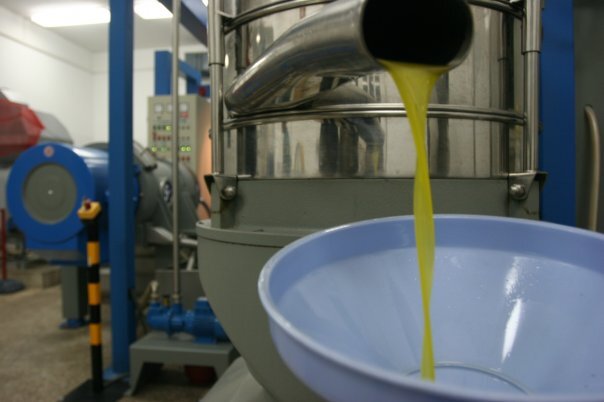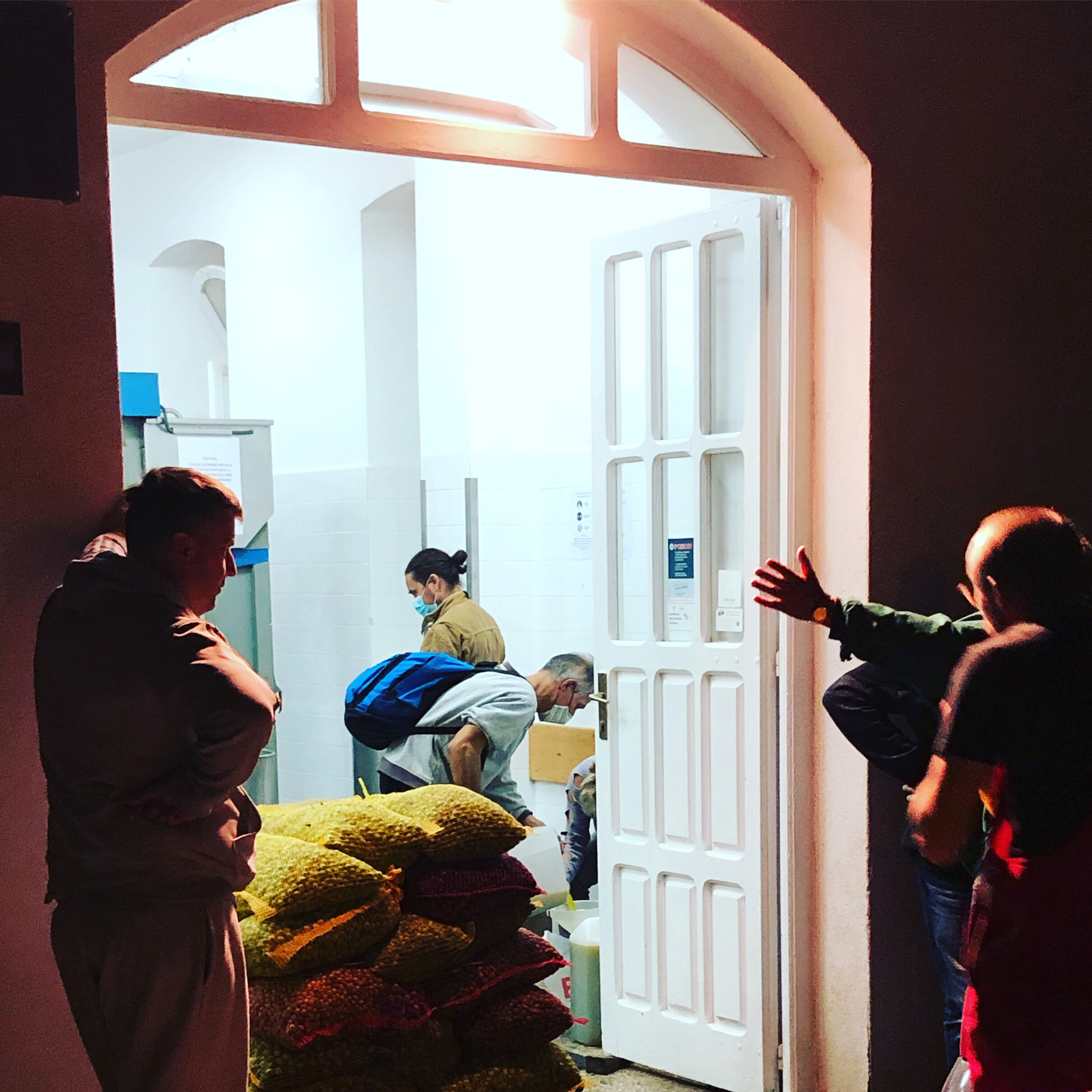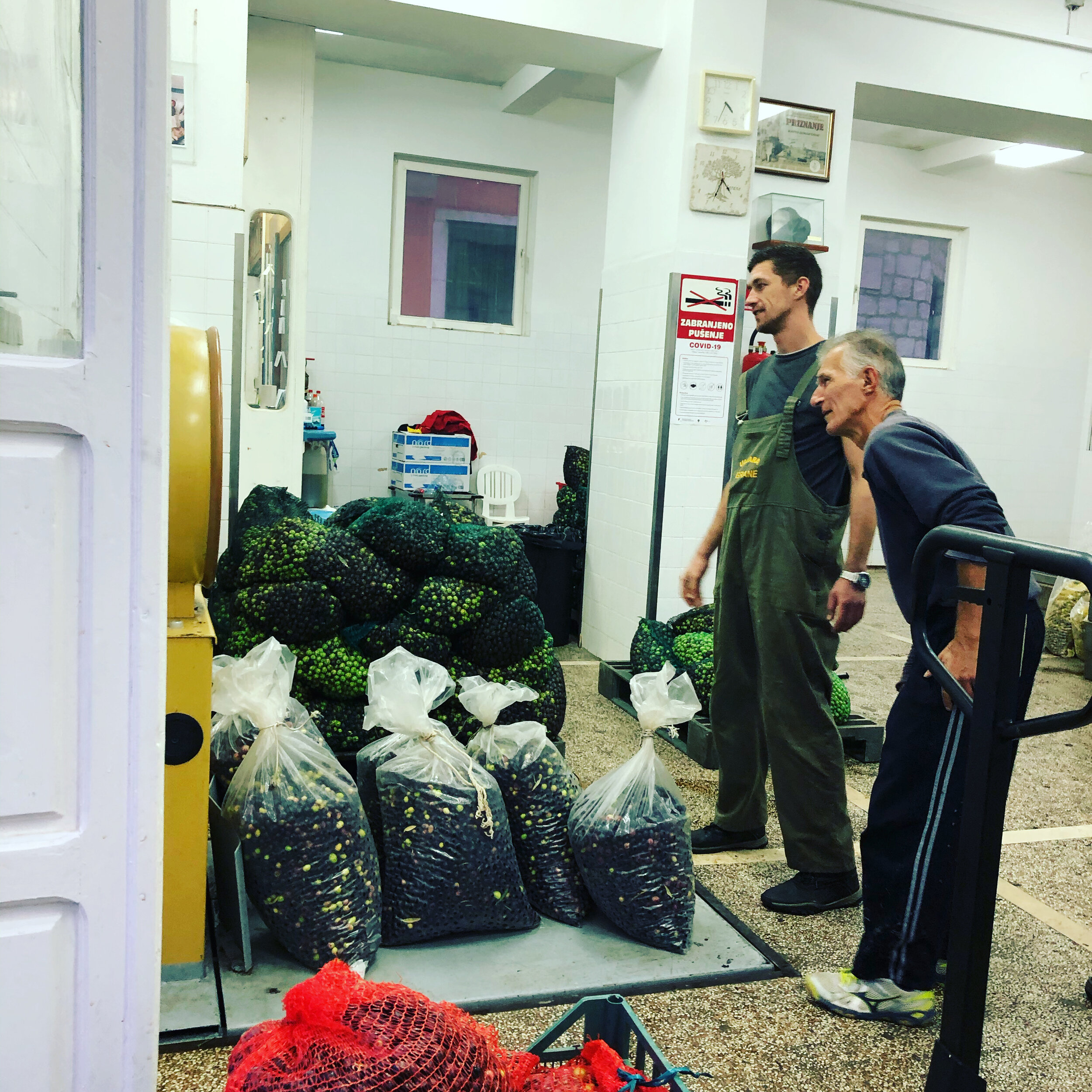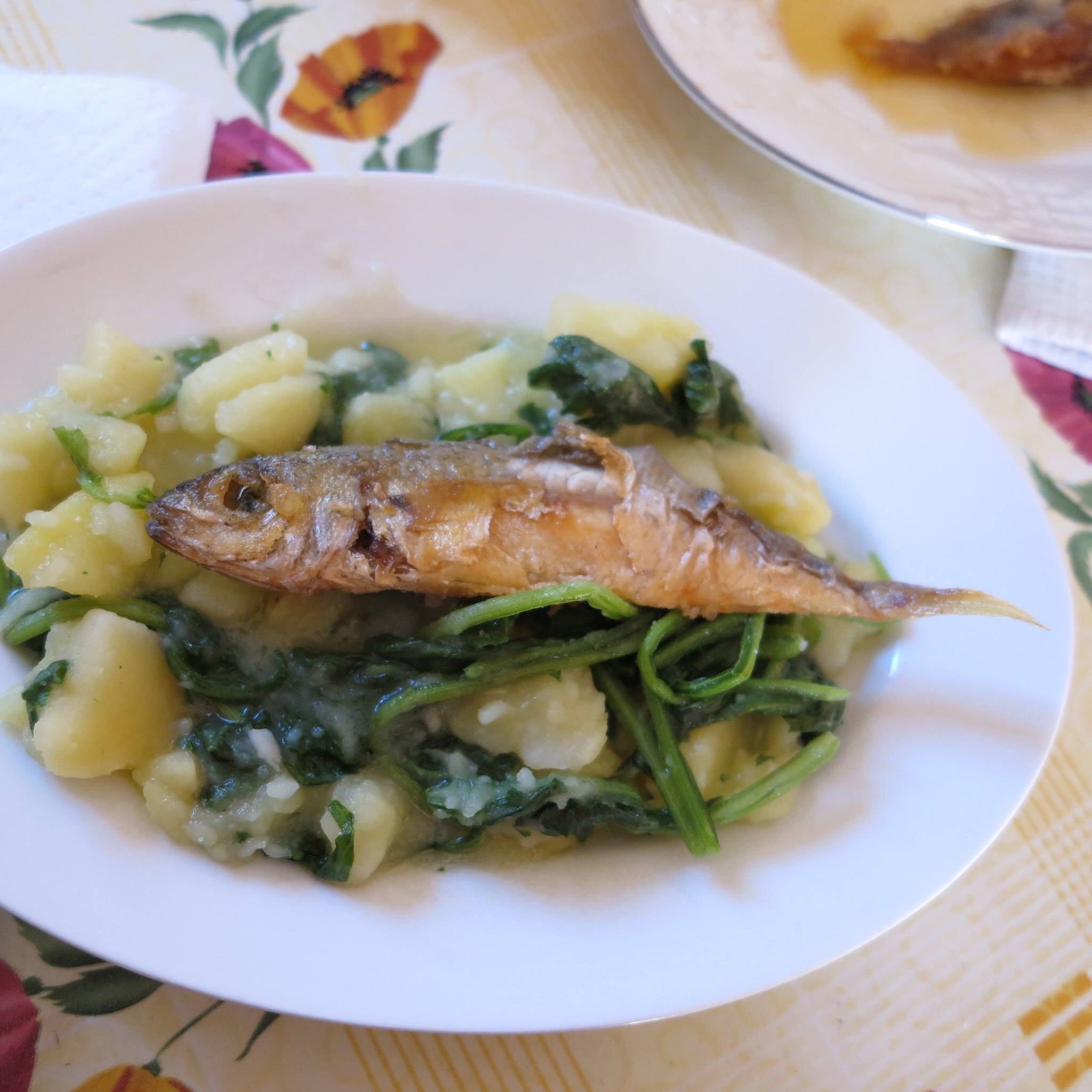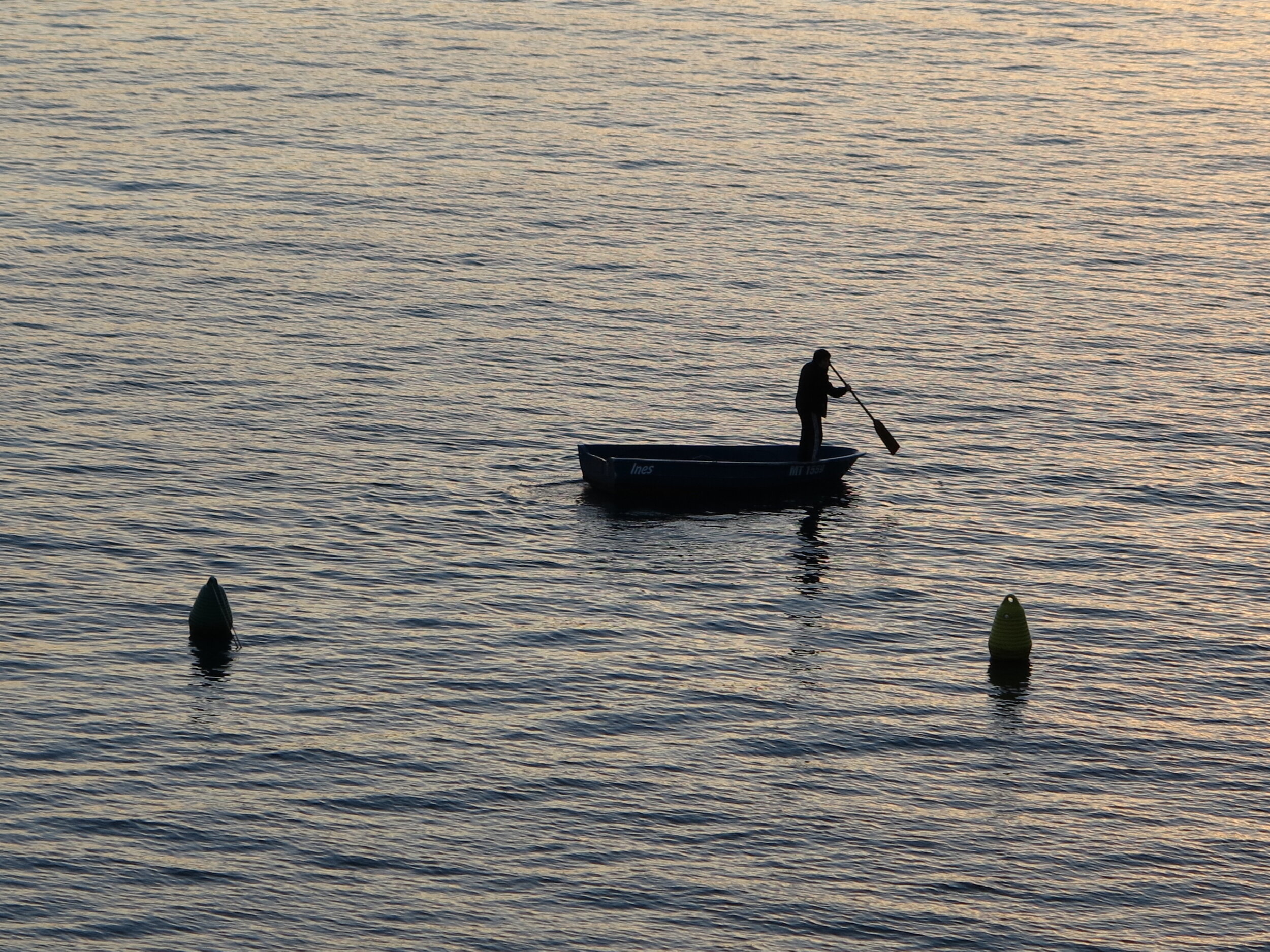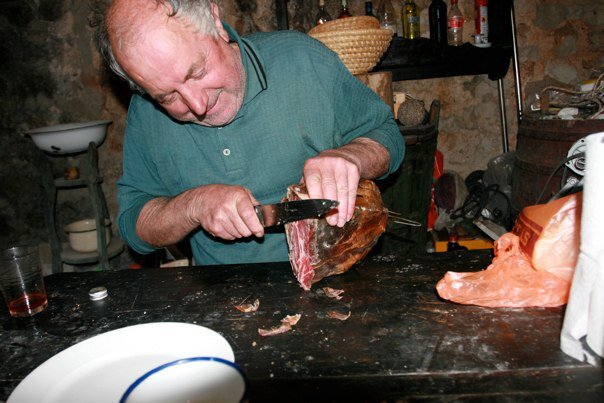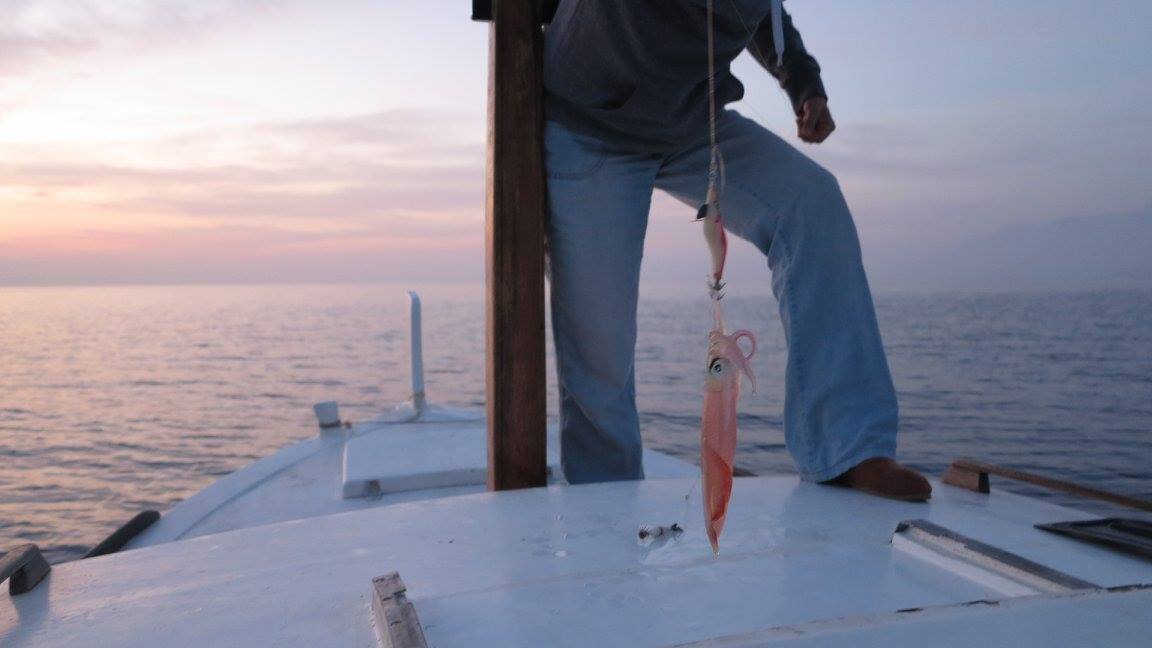I carefully untie the wire wound around the handles of two weathered, wooden doors. Wild grasses and a tangle of vines that almost conceal the tiny church have recently been cut back. The path I had turned off onto had carried me up high above the coast, to the rocky slopes. Passing through an abandoned village, and then even higher to this tiny church.
Someone though has continued to return to this place, keeping time and nature at bay. It was the clear path of stone slabs that had lured me up here in the first place. I consider this sense of devotion, and effort some person makes to climb up here so high as I gently pry the doors open to an impeccably tidy and spartan interior.
My eyes adjust to the darkness of the interior, and the shape of the arched ceiling takes shape. Layers of pigment in pink and ochre compete with the creeping green of mildew. The faded patina of the walls seem to have been scrubbed at with fervent piety and determination.
A beam of sunlight shoots through the round window above the doors, cutting a sharp line diagonally across the floor. illuminating the raised alcove. Dried branches of bay and laurel, and flowers stand in old jam jars amongst arrangements of sea polished stones, shells, candles, below a painting of an angel.
A delicate bird’s nest woven out of branches, sits on a windowsill in what was once a family home. Ivy has pushed its way through the corners of a broken window frame, trailing down and across the moisture warped floorboards to wrap around a rusted bed frame. On the walls I can make out the faded patterns of hand painted stencilling and in the corner there is a pink toothbrush and a suitcase with a faded decal that reads, “Enjoy Jugoslavia!”
A startled bird bursts into flight above my head; the creaking floorboards and my footsteps rousing it to fly out a window that frames an uninterrupted view of the Adriatic sea. Once, long age someone’s everyday view.
It is autumn in Dalmatia, Croatia. In the past weeks, the constant ebb and flow of tourists has suddenly stopped. Sounds of of the beach, the thump of the disco, motorboats, and highway traffic have been replaced by long nights of crickets, wind, and my pensive mind.
I gaze out from the terrace at a shipless sea as the colours of the sky fades to black. There is the smell of woodsmoke in the air for the first time.
Sometimes the wind arrives in surprising gusts. Blowing the silver leafed branches of the olive trees up and around, and then it is gone as quick as it arrives and all is still again. I call this the sock stealing wind - having learned the lesson when a good part of my laundry ended up in the monastery olive grove, and beyond; after not clipping them to the line properly.
Dogs bark in the hills, playing off the sounds of the church bells and the transport trucks braking on the sharp corner by the monastery, on their way south towards Dubrovnik.
When autumn arrives, the focus and mood shifts with the cyclical clock of the seasons. The population of the village goes from the thousands to the few hundreds almost overnight, and it is time to wind down, and return to tradition, family, friends, and nature.
It is all this, that lies behind autumn being my favourite season, the one I look forward to the most, and the one I mourn when winter sets its teeth in.
I too toil in the trenches of seasonal summer tourism. The arrival of fall feels like a gift for all that hard work. From the sublime golden light, to the meditative peace and pace of picking olives, long meals with friends, ideal weather for hiking and swimming all in one. Autumn is when one comes down to earth from it all.
Branches grow heavy with olives, waiting to be picked. Apartments are shuttered, and restaurant patio furniture is stacked on the terraces waiting for next season.
Small trails of smoke can be spotted up in the hills, and a chainsaw hums. Firewood preparation for winter.
With the arrival of autumn, comes a shifting of gears - a reset, and a mental and physical reconnection with the land and sea.
Nuns from the monastery have hung their radio in the trees as they chat away picking olives. The murmur of their voices and laughter mixes with the music and the methodical plunk of olives dropping into their buckets as I walk by on my way to the shop.
Voices carry across the calm bay to where we sit outside at the cafe on a warm October evening. Lights shine from the circling boats, as the men shout across to one another, bantering and waiting for the calamari to bite. The nights have begun to arrive early bringing vermillion sunsets. The sky over the long sloping line of Hvar island turns from orange to pink. Melting into purples and blues and the final curtain of black poked with a million stars.
The sea is like oil on glass tonight.
But according the the chitter chatter at the cafe, tomorrow it will be a stirring, broiling mess of a shipwreck sea, stirred up by the south winds.
We rush to the cooperative olive press, handing over our crates to be weighed and poured onto the conveyer belt that sorts out the sticks and leaves, and up into to the giant, roaring contraption. As we wait for the gold-green, fragrant oil to pour from the spout at the other end, there is a lot of banter going on around us. Shouting above the noise of the machines. “How much oil you get?… how many kilos?…. how was your season?… how is the family?…the weather…”
The smell of fresh pressed olives is still in my hair when we get back to the house.
We pick more olives, stripped down to our t-shirts in the remarkably warm, late November sun. Leaving our buckets, we descend the trail for a swim in the sea that folds around us like silk as we float on our backs and gaze up at the grey ridges that slowly turn to orange, and pink.
And then the curtain drops.
Blustery, laundry ripping weather arrives. The sea turns from calm to a broiling grey. Houses are shuttered, people have scowls on their faces in the shop. The rain is blowing sideways, and the cold gets in under my coat as I scurry home. There is not a single person to be seen anyhwhere.
That is save for the stringy old man that feeds the stray cats - howling and swearing up and down the narrow street between the buildings. Shouting for the cats to come get their damned food. I saw him on the bus earlier that week with an industrial sized bag of cat food slung over his shoulder. He has wild, feral eyes just like the cats.
Thunder cracks shake the window glass, and winds howl down the sides of the house. The sun goes down at 330, and the nights seem very long. It seems as if after the show of autumn splendour, one must endure a few months of soul battering weather and long nights where nature shows you who is boss...
Then just like that, when you think you cannot possibly read another book, there is another switch and along come the crisp, crystal clear skied days accompanied by the astonishing Bura wind. A fierce, cold wind that sweeps down from the northern mountains, to howls along the sides of the house. Amongst the many legends; it is said those sounds of the Bura wind are the cries of a banished princess, trapped in the mountains.
I stand on a ridge, letting the wind hold me up as I lean forward letting all of my body weight fall into it. Grateful to have these trails to occupy my days when all the work is done.
When Bura does blow itself out; it as if even the air itself has been wiped clean - everything shines, and one can pick out the finest of details on the distant horizon.
















